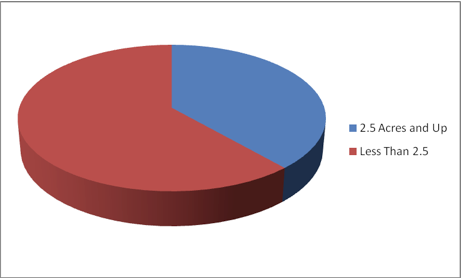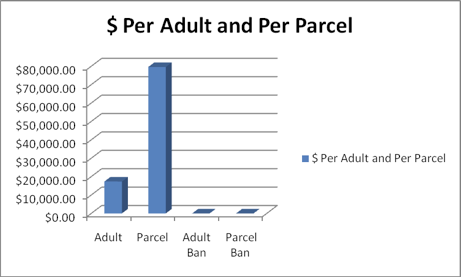U.S. Supreme Court cases related to home rule
U.S. Supreme Court Cases Related to Home Rule
State Law Trumps Local Law
Local Governments are Mere Sub-Divisions of the State
Trenton v. New Jersey, 262 U.S. 182, 187-188 (1923), the lead case:
“In the absence of state constitutional provisions safeguarding it to them, [see relevant NY State constitution language] municipalities have no inherent right of self government which is beyond the legislative control of the State. A municipality is merely a department of the State, and the State may withhold, grant or withdraw powers and privileges, as it sees fit. However great or small its sphere of action, it remains the creature of the State exercising and holding powers and privileges subject to the sovereign will.”
“"Institutions of the kind, whether called cities, towns, or counties, are the auxiliaries of the State in the important business of municipal rule; but they cannot have the least pretension to sustain their privileges or their existence upon anything like a contract between themselves and the legislature of the State, because there is not and cannot be any reciprocity of stipulation between the parties, and for the further reason that their objects and duties are utterly incompatible with everything partaking of the nature of compact."
Reynolds v. Sims, 377 U.S. 533, 575 (1964), Supreme Court reaffirms lead case:
“Political subdivisions of States -- counties, cities, or whatever -- never were and never have been considered as sovereign entities. Rather, they have been traditionally regarded as subordinate governmental instrumentalities created by the State to assist in the carrying out of state governmental functions. As stated by the Court in Hunter v. City of Pittsburgh, 207 U.S. 161, 178, these governmental units are "created as convenient agencies for exercising such of the governmental powers of the State as may be entrusted to them," and the "number, nature and duration of the powers conferred upon [them] . . . and the territory over which they shall be exercised rests in the absolute discretion of the State." The relationship of the States to the Federal Government could hardly be less analogous.”
Yusursa v. Pocatello Education Association, 555 U.S. 353 (2009), lead case still good law:
“Political subdivisions of States--counties, cities, or whatever--never were and never have been considered as sovereign entities. They are instead ‘subordinate governmental instrumentalities created by the State to assist in the carrying out of state governmental functions.’ State political subdivisions are ‘merely . . . department[s] of the State, and the State may withhold, grant or withdraw powers and privileges as it sees fit.’"
“A political subdivision, on the other hand, is a subordinate unit of government created by the State to carry out delegated governmental functions. … [B]ut a political subdivision, ‘created by the state for the better ordering of government, has no privileges or immunities under the federal constitution which it may invoke in opposition to the will of its creator.’”
- Log in to post comments





